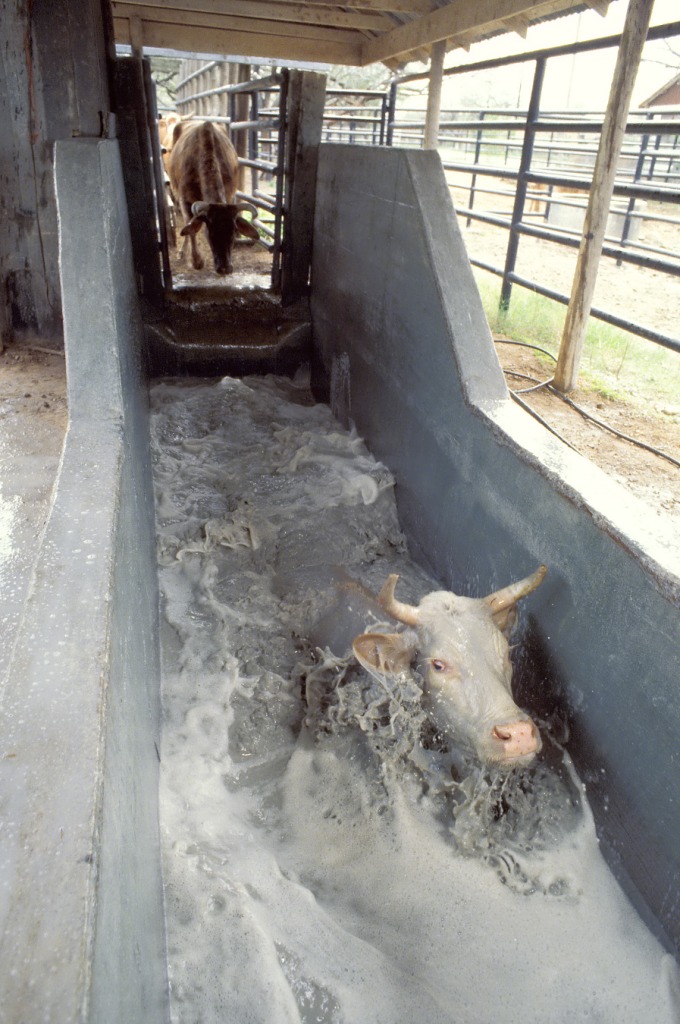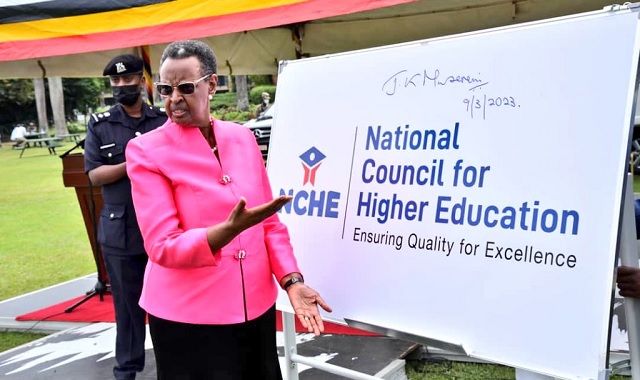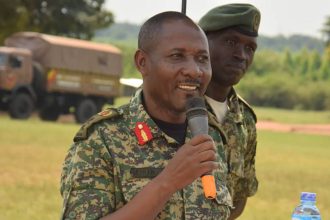Livestock farmers in Namutumba District are calling on the government to revitalize a plunge dip that has been lying idle for the past 14 years. Constructed in Nakyere Village, Namutumba Sub-county, during the 2007/2008 Financial Year under the Community Agricultural Infrastructure Improvement Programme (CAIIP), the dip aimed to combat tick fever, which was prevalent in the area.
The dip was intended to provide a solution by subjecting herds of cattle to periodic dipping in water-based solutions containing pesticides. However, farmers claim that the dip ceased functioning when the government failed to supply pesticides, resulting in increased cases of tick fever and subsequent cattle deaths.
Mr. Richard Munyore, who was contracted for security at the dip, explained that it operated for only one year and seven months before the contractor left due to a lack of profits. Additionally, the contractor lacked guidance on pesticide dosage and administrative guidelines from the District Veterinary Officer.
Farmers express the importance of dipping as an effective and non-injurious method to treat tick fever among cattle. They are now willing to pay dipping fees, recognizing its significance in maintaining the health of their livestock.
Livestock farmers are appealing to the government to forgive those who mismanaged the dip and consider revamping it. They emphasize that non-functionality affects both farmers and the government, as the dip was a potential source of revenue.
Mr. Samuel Gusango, the Namutumba Sub-county LC3 chairperson, acknowledges the dip’s breakdown and vandalism of materials, explaining that rehabilitating it requires substantial funds, which the Sub-county currently lacks.
Mr. Hassan Mbogo, the Parish Councilor representing Nakyere Parish, points out that besides the plunge dip, there is another abandoned government project—a milk cooler machine. He urges for accountability, stating that taxpayers’ money must have value.
Namutumba District LC5 chairperson, Mr. David Mukisa, assures that the government is aware of the non-functional projects and plans to address them based on their priority. He encourages farmers to utilize available Veterinary and Agricultural Officers while waiting for government intervention.




















